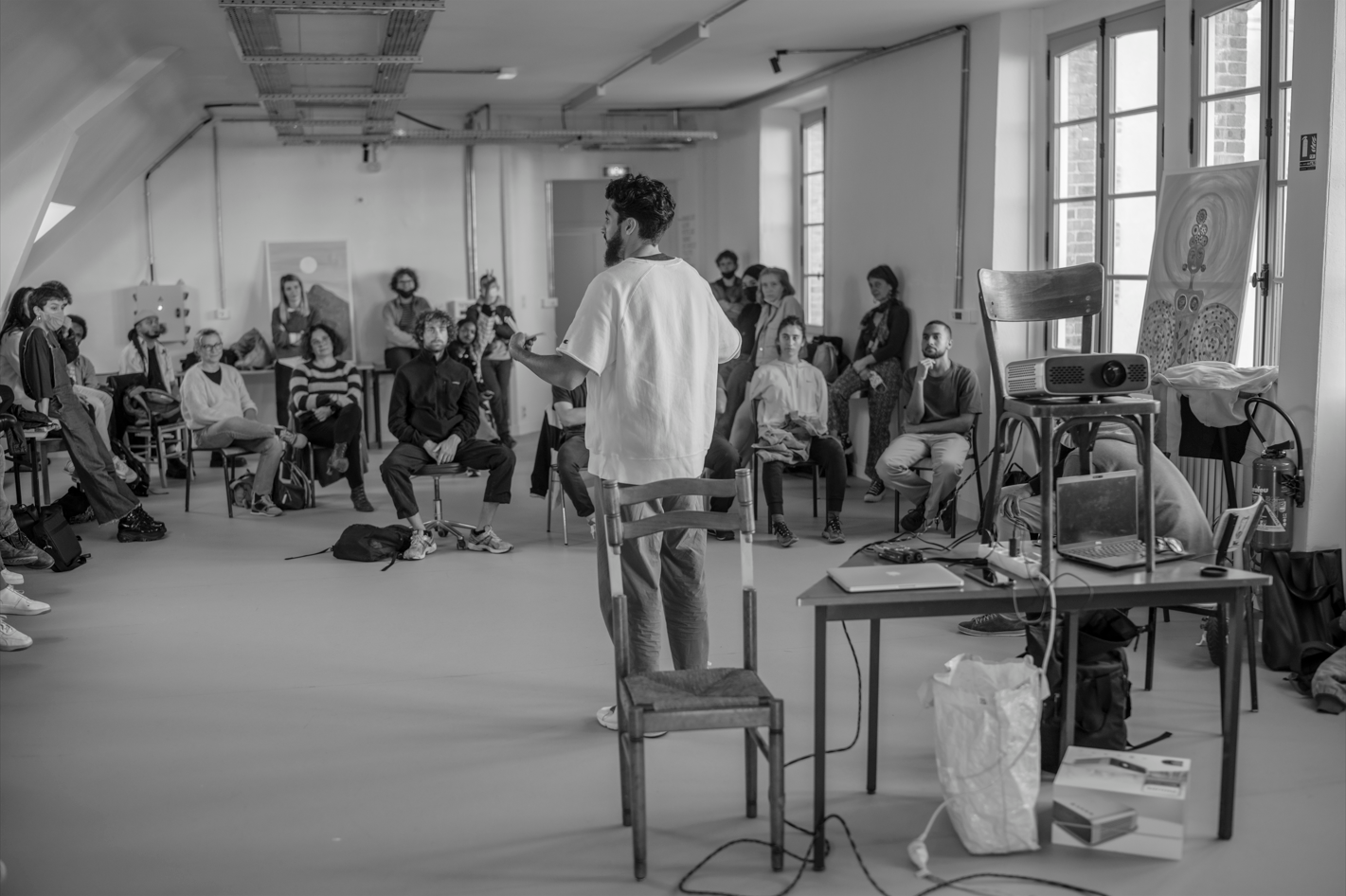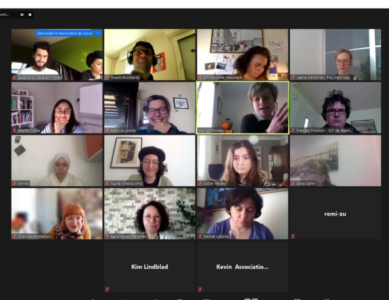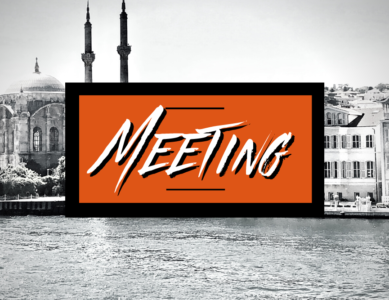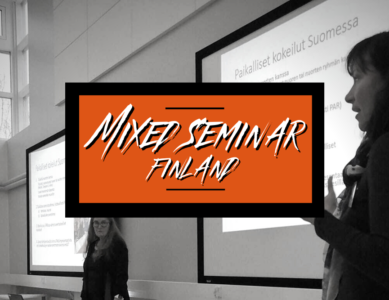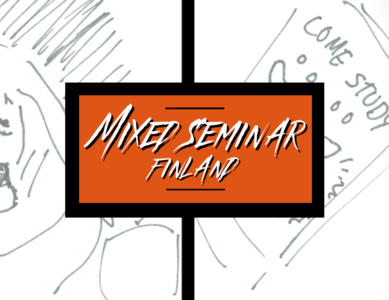The Opening Universities for Youth in Europe (OUYE) strategic partnership in the field of higher education is presented by a consortium of 4 universities and 6 organisations from 4 countries (Finland, United Kingdom, Turkey and France). Their common point is to develop action-research projects in pairs (university / organisation) using non-formal education methods to take into account young people excluded from society. The University of Rennes 1 (France) leads the partnership. The consortium is also composed of the youth organisation Démozamau and the organisation CRIDEV (Rennes, France), Manchester Metropolitan University (United Kingdom), the organisation RAPAR and Sheba Arts (Manchester, United Kingdom), the organisation ZDA and Yeditepe University (Istanbul, Turkey), Humak University and the national organisation Valo-Valmennus (Helsinki, Finland).
Moreover, this project is also based on the different collective reflections, dynamics, discussions and productions of two European projects: COME:ON! (ERASMUS+ EYT KA3) and PARTISPACE H2020.
This innovative proposal aims to build a common European framework to widen access to University for young people who are typically excluded from it (precarious, non qualified, migrants, dropouts, etc.) through 4 objectives:
- To open access to university to young people who are typically excluded from it by recognising and valuing knowledge and skills and thus promoting and consolidating their place at university;
- To develop non-formal and informal education at university by co-creating training and apprenticeships with researchers, youth workers and young people using participatory action research;
- Strengthen young people’s knowledge, experience and expertise in the human and social sciences;
- Examine the role of non-formal and informal education in European universities to support and build sustainable societies.
The partnership is led by a group of 20 people aged 23 to 60 years old, researchers, sociologists, teachers, trainers, development project managers, directors of associations, who mutually reinforce their links and their capacity for action, in particular through the construction of learning activities.
200 participants will benefit from the experiments proposed in the various intellectual productions. 1500 final beneficiaries aim to be reached at the end of the partnership.
Over the 3 years (2020-2023), OUYE will produce a European toolkit composed of artistic productions illustrating local training based on a foundation of common values and methods, created during this project (O1). The toolkit will also be composed of training modules and materials including co-evaluations and feedback (O2). OUYE will also produce a comparative analysis of local case studies from the joint seminar cycles (O3). All of this will be made available on an online platform from 2023 and before that, tested in each of the partnership countries with a variety of audiences.
In order to improve the skills of the partnership organisations, four learning activities are also organised on interculturality and higher education (C1), on enhancing young people’s informal knowledge and skills (C2), on temporary employment in informal education (C3) and on community organisation and higher education (C4).
The University of Rennes 1 is responsible for the follow-up of the organization of the activities and the two international dissemination events (E1 – E6). In each country, organizations are implementing intellectual productions and learning activities, as well as the four local dissemination events (E2 – E3 – E4 – E5).
This project aims to strengthen the links between universities and socio-educational organisations. It should also strengthen the organizational capacities of structures promoting non-formal education methods such as participatory action research.
Overall, this strategic partnership foresees results that will have an impact on young people, future students, workers in the organisations and teacher-researchers as well as on their respective structures.
The consortium integrates dissemination work to contribute to the evolution of social and higher education policies in each of the countries. The results of the project also serve as a basis for the work of other universities, associations, cooperatives and institutions both in each of the partnership countries and at the level of social and educational and higher education actors in Europe.
